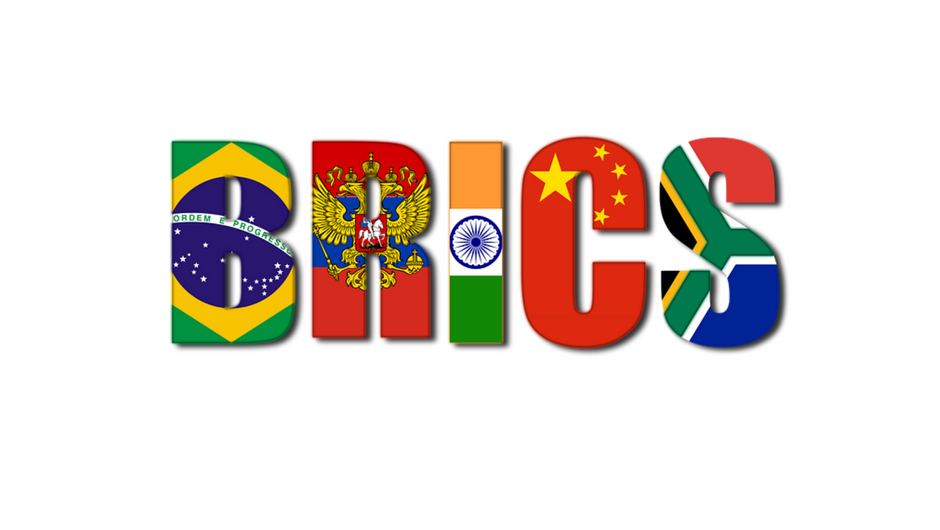- Saudi Arabia delays BRICS entry to balance U.S. security ties and Chinese oil trade, avoiding Trump’s tariff threats on dollar rivals.
- Riyadh hesitates on BRICS entry amid $100B U.S. arms talks, prioritizing military and tech partnerships over economic bloc alignment.
Saudi Arabia has opted to delay formal entry into the BRICS economic alliance, according to a Reuters report citing anonymous sources. The decision reflects Riyadh’s effort to balance ties with the U.S., its primary security partner, and China, its largest oil buyer. Though listed as a member on BRICS’ official website and present at a recent meeting in Brazil, Saudi Arabia has not finalized accession.
Diplomatic Tightrope: Oil, Arms, and Currency
The kingdom’s hesitation stems from competing pressures. China imports over 25% of Saudi oil, anchoring a vital trade relationship. Meanwhile, the U.S. is preparing a $100 billion arms deal with Riyadh, reinforcing decades of military cooperation. This dual dependency complicates alignment with BRICS, which positions itself as a counterweight to Western economic systems.
President Donald Trump amplified tensions in December 2024, threatening 100% tariffs on BRICS nations if they pursued alternatives to the U.S. dollar. Trump’s warning targeted efforts to create a BRICS currency or endorse rival monetary systems, framing such moves as threats to dollar dominance.
“The idea that the BRICS Countries are trying to move away from the dollar while we stand by and watch is OVER. We require a commitment from these countries that they will neither create a new BRICS currency, nor back any other currency to replace the mighty US dollar or, they will face 100% tariffs, and should expect to say goodbye to selling into the wonderful US economy.” by Trump at the time
BRICS Expansion and Saudi’s Calculated Delay
BRICS, founded in 2009 by Brazil, Russia, India, China, and South Africa, expanded in 2024 to include Iran, Egypt, Ethiopia, and the UAE. The bloc aims to reduce reliance on Western financial networks, but progress toward a shared currency remains theoretical. Saudi Arabia’s provisional engagement allows it to observe BRICS developments without provoking U.S. retaliation.
ETHNews analysts note that formal membership could strain Saudi access to U.S. markets and technology—a risk Riyadh seems unwilling to take. The $100 billion arms package, reportedly under negotiation, underscores the tangible benefits of maintaining close U.S. ties.
While BRICS offers alternatives to dollar-centric trade, its capacity to deliver concrete benefits remains unproven. For now, Riyadh appears content to straddle both worlds, leveraging its energy exports while securing U.S. military support.


